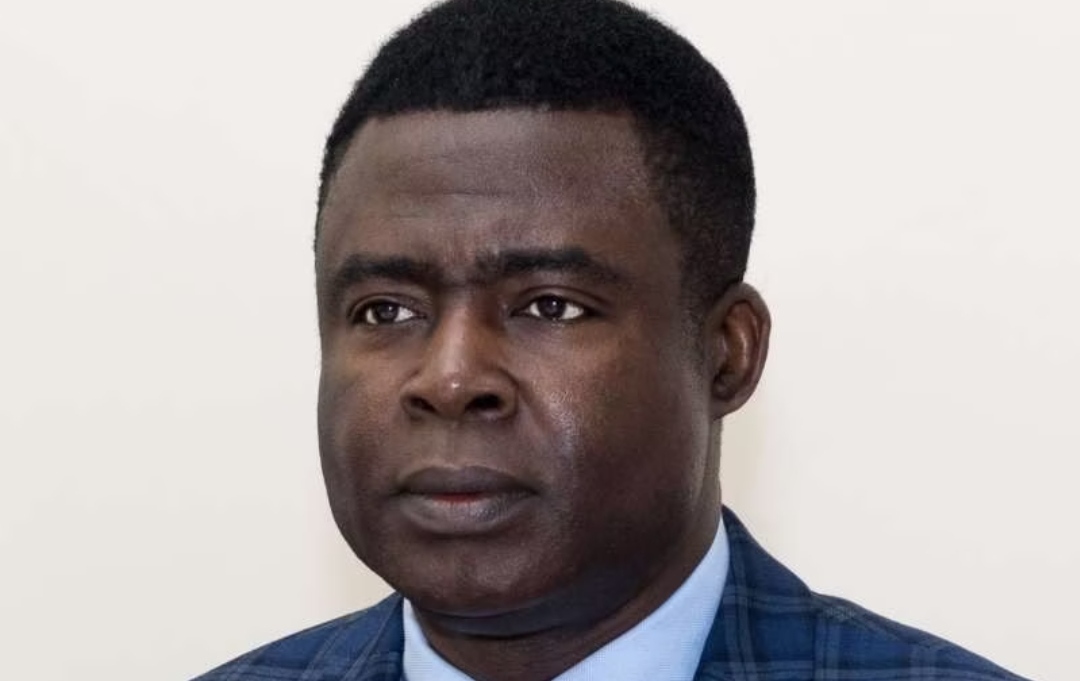The leader of the Interim Government, a separatist movement in Southern Cameroon also known as Ambazonia, has distanced the group from a reported alliance with the Indigenous People Of Biafra IPOB and their leader, Nnamdi Kanu.
Reports emerged in May that the two separatist groups fighting for their own independent nation have joined forces to break up the countries where they believed are marginalising them. A Memorandum of Understanding was signed by a supposed leader of the Ambazonia Governing Council, Dr Cho Ayuba, and Nnamdi Kanu of IPOB last April.
But speaking during a press conference on Friday, the leader, Samuel Sako said the claim was propagated by opponents who intend to place a wedge between their movement for an independent nation and the Nigerian government.
“We want to make it clear to the Nigerian government that we have no alliance whatsoever with the IPOB of Mazi Nnamdi Kanu. We have none. The so-called alliance that supposedly occurred this April was an evil orchestration by the French Cameroon State. And maybe the French Secret Service to serve as a bogeyman to cower the Nigerian state into an unholy alliance against the legitimate aspirations of the people of Southern Cameroon.qbl
“I will not endorse IPOB. That’s the position we have taken and the position we are taking,” he said.
Sako said because of the false allegations that most of his people are being arrested unlawfully.
“They are not security threats to the territorial integrity or security of the country of Nigeria. They are not and cannot be. They are arrested and extorted for seeking a place of refuge. They are running for their lives and would want to go back to their place.”
He disclosed that more than 200,000 Ambazonians fled the troubled region in Cameroon to seek refuge in Nigeria, mainly in Taraba, Cross River and Akwa Ibom States.
“I especially thank the governors of Cross River, Akwa Ibom, and Taraba who have shown our people unparalleled hospitality since the beginning of this war,” said Mr Sako, 65.
What you should know
Since 2017, the southern part of Cameroon has been locked in a battle with the central government in Yaounde over its quest to have an independent nation.
The resultant humanitarian crisis has rendered, at least, half a million of the people of Southern Cameroon homeless.
A year earlier, the citizens from the southern part – who are English-speakers – began to protest their alleged marginalisation by the government in the majority-French country.
In response, President Paul Biya ordered a violent crackdown of the protesters.
In early 2018, Nigeria’s secret police, the State Security Services, arrested at least seven leaders of Cameroon’s separatist movement at a hotel in Abuja.
They were subsequently deported and handed over to the Cameroonian government where a military court sentenced them, including their leader Ayuk Tabe, to life imprisonment for rebellion and terrorism.
Since that incident, the relationship between the President Muhammadu Buhari-led Nigerian government and the Cameroonian separatists have been largely strained, Mr Sako said.








